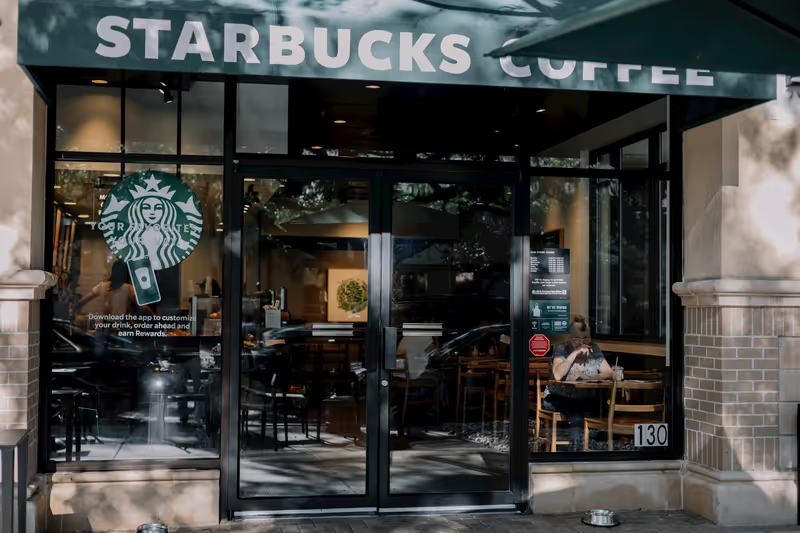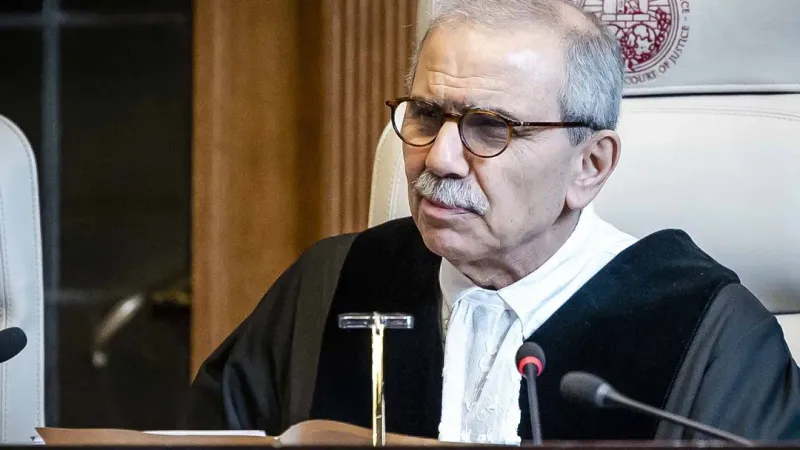Israeli Strikes in South Lebanon After Hezbollah Mortar Fire
Israeli strikes hit South Lebanon on Monday after Prime Minister Benjamin Netanyahu vowed that Israel would 'continue enforcing the ceasefire' and respond to recent Hezbollah mortar fire. Hezbollah said the mortar fire was 'defensive' and was in response to cease-fire violations that harmed civil...
0:00
/1861
Facts
- Israeli strikes hit South Lebanon on Monday after Prime Minister Benjamin Netanyahu vowed that Israel would 'continue enforcing the ceasefire' and respond to recent Hezbollah mortar fire. Hezbollah said the mortar fire was 'defensive' and was in response to cease-fire violations that harmed civilians.[1][2]
- Hezbollah's mortar fire caused no casualties. Israeli strikes in South Lebanon killed at least two, according to Lebanon's state-run National News Agency. Both sides have accused the other of breaching the cease-fire, with Lebanese Speaker of Parliament Nabih Berri, a Hezbollah ally, saying that Lebanon had logged at least 54 Israeli violations so far.[3]
- Israel has denied that it has violated the cease-fire, saying that it was responding to Hezbollah moving weapons and fighters south of the Litani River. Israeli media reported that US special envoy Amos Hochstein told Israel that it had been violating the cease-fire.[3][4]
- France also warned Israel that it was violating the cease-fire, saying that Israel had failed to report Hezbollah's violations to the international commission and had used lethal force. The US Pentagon said that, despite some violations, the cease-fire is holding.[4][5]
- Meanwhile, a US official indicated on Sunday that the cease-fire in Lebanon will make a cease-fire in Gaza 'more likely.' Israeli Pres. Isaac Herzog said that negotiations were underway 'behind the scenes.'[6]
- The UN's primary agency for Palestinian refugees (UNRWA) said on Sunday that it would stop sending aid via the Kerem Shalom Crossing because of lawlessness and violence — accusing Israel of failing to ensure safe conditions for aid workers. On Saturday, an Israeli strike killed three World Central Kitchen (WCK) staff members.[7][8]
Sources: [1]Timesofisrael, [2]Al Jazeera, [3]Reuters, [4]Ynetnews, [5]Jerusalem Post, [6]Voice of America, [7]New York Times and [8]BBC News.
Narratives
- Pro-establishment narrative, as provided by BBC News. Now that quiet has been found on the Lebanese-Israeli border, the US will continue to work toward a cease-fire in Gaza that ensures the release of Israeli hostages and the end of Hamas' rule over the Palestinian enclave. The Biden admin. worked hard to cement this deal that allows displaced Israelis and Lebanese to return home.
- Pro-Israel narrative, as provided by Jerusalem Post. Hezbollah is testing Israel's limits. The terror group continues to violate the cease-fire, forcing Israel to respond. Indeed, Israel has been clear that it will not accept a return to the status quo in South Lebanon. International partners should pressure Hezbollah, not Israel, to stop pushing the boundaries of the agreement.
- Pro-Palestine narrative, as provided by Middle East Eye. The reason this cease-fire passed was because Israel was failing to achieve its goals in Lebanon and Netanyahu decided it is better to focus on the genocide in Gaza. Israel is seeking to clear northern Gaza of its population to make way for settlements. Israel's traditional secular elite may be unhappy that the war in Lebanon is over, but the new settler elite is eager for the prospects of resettlement and an indefinite occupation of Gaza.
- Narrative D, as provided by Al Mayadeen English. Hezbollah has responded to Israeli violations of the cease-fire with restraint, only seeking to warn Israel that it will respond to cease-fire violations. Israeli forces continue to target Lebanese civilians and the Lebanese army, fundamentally breaking aspects of the agreement. Hezbollah's patience may run out.







